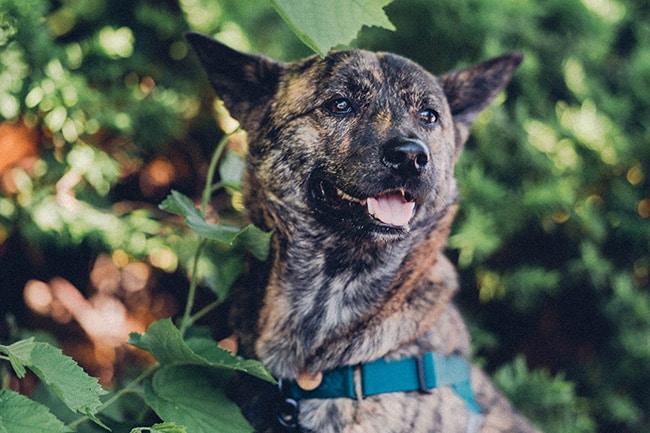It is crucial to decide whether you want to get a purebred dog or a mixed breed dog when considering getting one. Most people would say that mutts are healthier than purebreds, but are they? In this article, we will discuss and put an end to this never-ending myth about mutts and purebreds’ health.
Are purebreds more sickly than mutts?
It’s a popular opinion that purebreds are more prone to inherited illnesses compared to crossbred dogs. There are varied answers to this question; a University of Carolina study indicates that purebred dogs are at higher risk for 24 dog diseases compared to mutts being at risk for only one condition. However, this study is not sufficient to prove if mutts are healthier than purebreds.
Most professional veterinarians would support the idea that mutts are more robust, more resilient, and more thriving in difficult situations. Since breeders are common worldwide, you should get your pup from regulated and recognized breeders. Choosing the correct breeders would ensure that your furry kid is in good shape upon adoption.
Are there health problems that are directly related to dog breeds?
Yes! Most canine health issues are associated with their breeds. One typical example is hip dysplasia which is more common among more giant dogs, including German Shepherds and Great Danes. Purebreeds like Golden Retrievers and Rottweilers are more prone to heart diseases such as Aortic Stenosis. Your knowledge about these diseases associated with dog breeds is essential in identifying whether you’d be fit with the dog or not. However, mutts are still prone to the conditions mentioned above since they may have these breeds in them. Do not discriminate against a specific breed; instead, you should consider the possible diseases your pet might get, which is part of responsible pet ownership. In preparation for adopting a mutt, or any breed, you can visit your nearest veterinary clinic and do early screening for your pet. A consultation with your local vet will help you detect some illnesses at the early onset.

Did you adopt but didn’t have your pet’s record?
Not having the new pet’s health records is a common scenario among pet owners. Not having your adopted dog’s medical records does not mean you should not adopt them anymore. All dog breeds are prone to different canine diseases, which is not scary or worrisome. A veterinarian’s role is essential in taking care of your dogs, so you must schedule an assessment from your local vet to identify your dog’s health issues and treat them as early as possible. Besides, if your dog experienced infections and other diseases in the past, that does not mean that they will never live a healthy life anymore. With proper medical care from your vet and tender, loving care from you, your furry friend will surely grow up to be one healthy pooch!
Are shelters only caring for mutts?
One common misconception is that shelters only rescue mutts. That is simply not true. There are many purebreds in the refuge, including Labradors, German Shepherds, and more! Shelters do not discriminate against the dogs they rescue based on their breeds. All breeds deserve a second chance at life, and they all deserve a second chance at a loving home!
Do dogs have unique behaviors related to their breeds?
Definitely! Dogs have specific characteristics inherent with their breeds. For example, if you live on a farm, you’ll need a German Shepherd, like the Pyrenees, as your herd, and they will do anything to protect your flock and your farm. If you live an active lifestyle that includes hiking and mountain climbing activities, a chihuahua is not the perfect breed. Researching for a dog’s breed and its inherent behavior is essential before you consider adopting a dog.
To rescue or to purchase?
That is the question. If you buy from breeders, they tend to be more expensive. The dogs may or may not have received a medical assessment from a veterinarian. However, animals from the shelters may already have initial medical care from the shelter’s local and trusted veterinarian. Most of the animals in the shelters are also spayed and neutered for medical reasons. This medical assistance done before adoption may also add up to the cost of adoption.
Regardless of the dog breed you decide to get, put your dog’s welfare at your top priority. Remember, your dogs are a part of your family, and they deserve nothing but the best.

